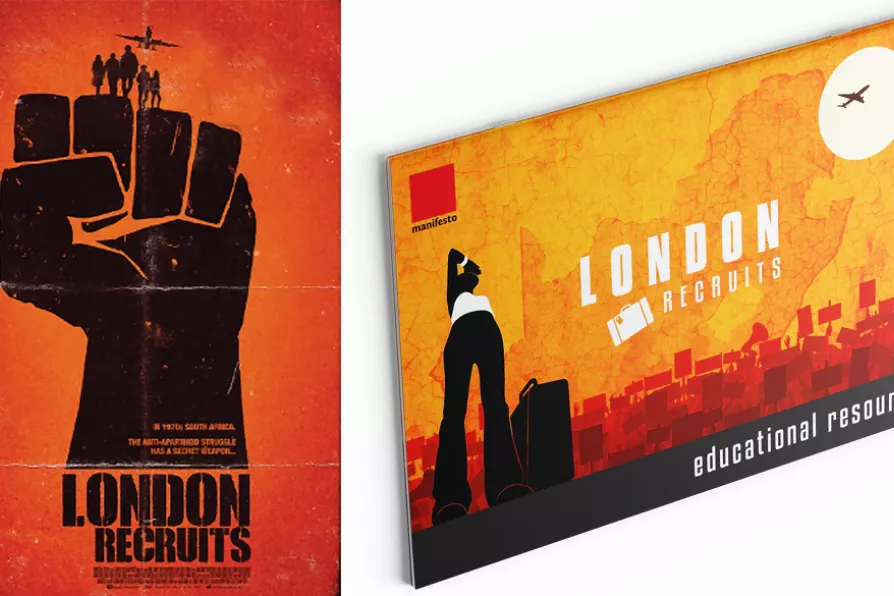MARIA DUARTE reviews Desperate Journey, Blue Moon, Pillion, and Wake Up Dead Man: A Knives Out Mystery


ON November 21 a varied group of politics and culture fans, some familiar with the story of the London Recruits, some unfamiliar, and some of them recruits themselves, all got together to celebrate the latest edition of director and producer Gordon Main’s documentary, Comrade Tambo’s London Recruits, screened in association with Action for South Africa (ACTSA) at the Ritzy Picturehouse in Brixton.
Before the screening Main, who founded the production company Barefoot Rascals, made a short speech, during which he made the first, but not the last, comparison of the South African apartheid to the apartheid and genocide in Palestine. He said: “We are in a battle for the soul of the world right now, and the other side is better organised.”
The Q&A panel was made up of Gordon Main; chairing the conversation was artist and human rights activist Zita Holbourne; South African High Commissioner to the UK and former Head of Mission for the African National Congress in Mozambique, Cuba and Zimbabwe, Kingsley Mamabolo; law and politics student at the University of Kent and former secretary-general of the Zimbabwe National Students Union Makomborero Haruzivishe; creative producer at Barefoot Rascals and one of the film’s producers, Colin Charles; and finally Sean Hosey, one of the London recruits whose awe-inspiring story featured in the documentary.

ROGER McKENZIE expounds on the motivation that drove him to write a book that anticipates a dawn of a new, fully liberated Africa – the land of his ancestors













